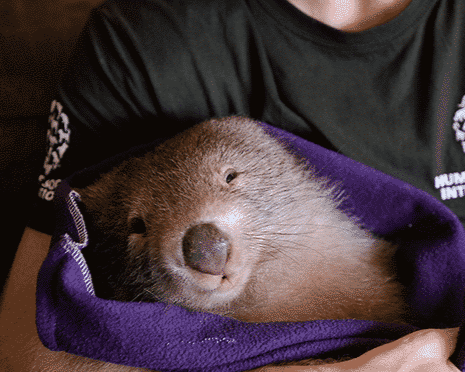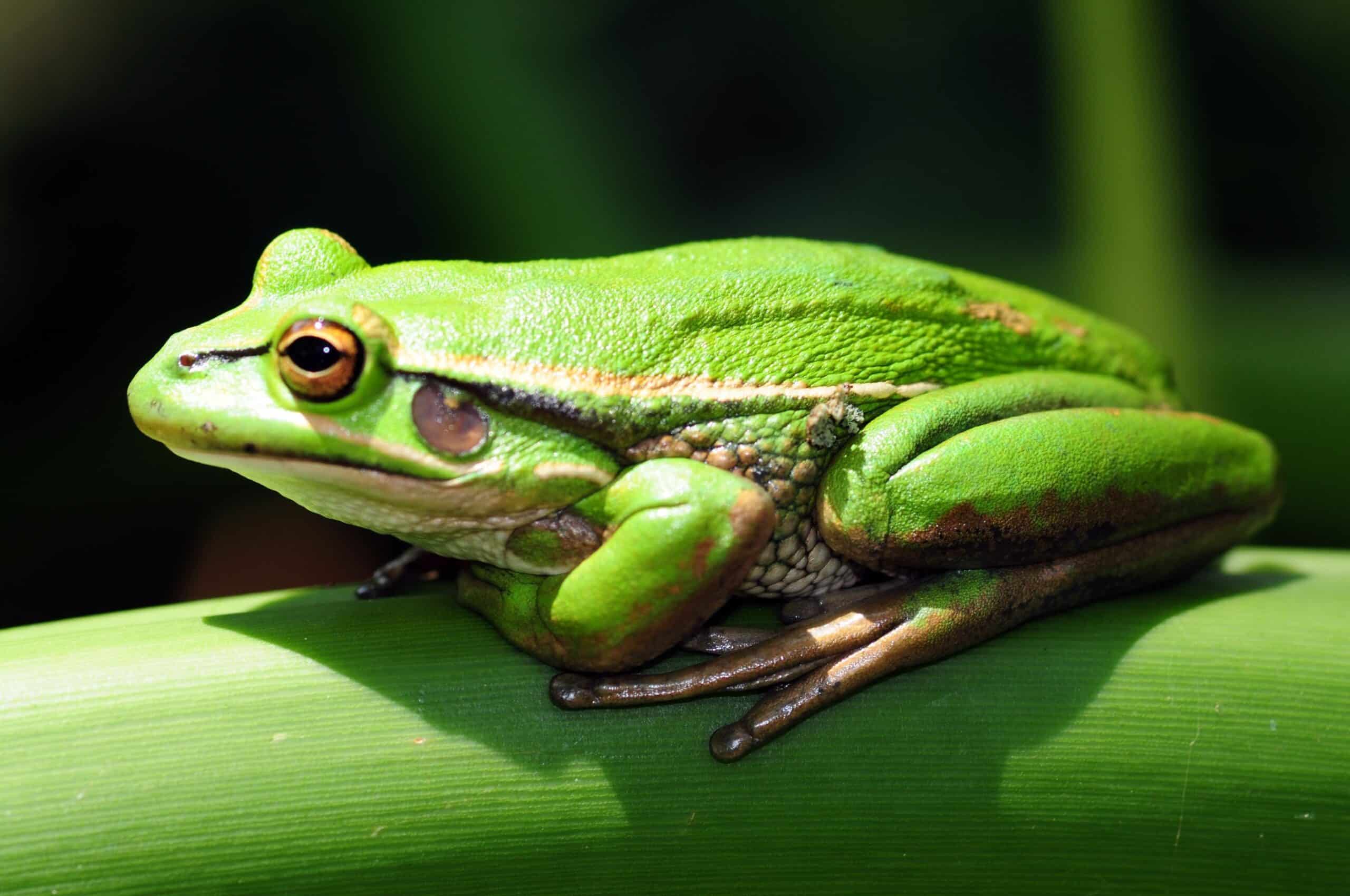Australia’s native animals are protected by law — but that protection comes with caveats. Across every state and territory, permits are routinely issued that allow property owners to kill native wildlife. Known in many jurisdictions as “damage mitigation permits,” these licences have quietly sanctioned the deaths of millions of animals...
For 50 dogs raised on a dog meat farm in South Korea, this will be a summer of hope instead of terror. This week, Humane Society International began pulling the dogs out of the farm just before the start of the Bok Nal summer season, when dogs are brutally slaughtered, cooked and eaten. The dogs at this farm would have met the same fate, but instead they will now head to new lives filled with hope in Canada.
This is the 12th dog meat farm that HSI has closed down permanently in South Korea. The dogs were living in squalid and desperate conditions. It’s been very warm in Korea and they were locked up in metal cages, exposed to the elements, their days filled with exhausting heat, boredom and frustration from living in cramped quarters with other dogs and sitting among their own feces. Some dogs had extensive scars and injuries from fighting with their cage mates.
Some of the dogs clearly are abandoned pets with their collars still on. The animals were fearful but elated to see our team, jumping in their cages with enthusiastic, wagging tails.

Among the rescued dogs is Kaya, a sweet Jindo mix with beautiful little puppies she’s fiercely devoted to. When our rescuers approached Kaya, she immediately started wagging her tail and doing little, excited jumps to greet them. Photo by Jean Chung/For HSI
For our team, it is an experience just as exhilarating and emotional.
As HSI’s Director of Animal Protection and Crisis Response Adam Parascandola, who is on the ground for the rescue, told me, “It’s terrible to see the conditions the animals are living in, but it’s also a great feeling to know this farm is closing for good and these dogs will have the lives they deserve with loving families very soon.”
Many of the dogs are suffering from painful skin diseases and swollen paws, but they are now receiving medical attention and are on the road to recovery. What is incredibly touching to see is how deeply they crave human companionship, despite their experiences. Among the dogs we rescued is Louis a cocker spaniel who we believe is an abandoned pet dog. Louis’s fur was matted and he looked sad and forlorn when we found him, but our rescuers could see he craved affection and he, in turn, showered them with love. There’s George, Louis’s cagemate, a sweet, happy, short-legged black dog who looks like a little lion with a furry mane and very intense eyes. George too was very likely an abandoned pet. He adores attention and will often bark and wiggle his little body and tail to get you to look his way. Louis and George were always sitting together in their cage, their bodies intertwined, touching paws as if to comfort each other.
It is estimated that 30 million dogs like Louis, George and Kaya are brutally killed and eaten each year for their meat in parts of Asia, including China, Vietnam, Indonesia and India. While some countries and territories, including Hong Kong, the Philippines, Taiwan, Thailand and Singapore, have dog meat bans or restrictions in place, in South Korea the dog meat trade exists in limbo – neither legal nor illegal. It is estimated that 2.5 million dogs are raised for their meat each year in South Korea, most being killed by electrocution or hanging when they are just a year old. About one million dogs are killed during the Bok Nal summer season alone.

The dogs were locked up in metal cages, exposed to the elements, their days filled with exhausting heat, boredom and frustration. Photo by Jean Chung/For HSI
South Korea is unique in that it is the only nation in which thousands of commercial farmers actually raise dogs for human consumption. The approach we have taken here is multi-pronged: we conduct public awareness campaigns, lobby local and central governments to end the dog meat trade, and we conduct grassroots work to save animals, shutter farms, and help the farmers transition to humane livelihoods – a model that we hope the South Korean government will adopt to phase out this cruel trade.
Over the last three years, we have rescued more than 1,300 animals from South Korean dog meat farms and turned the world’s eye on this inhumane trade.
For the closure of this farm, located in Namyangiu-si in South Korea’s Gyeonggi-do province, HSI worked with the farmer to transition him into an expansion of his water parsley business. The life of a dog farmer is too hard and his business had been dwindling, he told HSI staff who worked with him on the closure. “I just don’t need this in my life any more. It is much better to stop farming dogs, I will be relieved for it to end.”

The HSI Animal Rescue Team loads the rescued dogs onto a truck. The dogs will be flown to Canada to lead new lives filled with hope. Photo by Jean Chung/For HSI
Most Koreans do not regularly eat dog meat, and the practice is increasingly on the decline among younger people. Most Koreans have no idea about the conditions the dogs are raised in. Our Seoul-based campaigners will use the heart-wrenching images of the dogs at the farm to raise awareness as summer approaches and dog meat soup appears on menus more than usual.
The road ahead in South Korea is long and arduous with millions of dogs trapped in dog meat farms. But changing trends within the country with respect to animal welfare, and the decline in the consumption of dog meat, signal real hope. South Korea’s President Moon Jae-In is himself a dog lover who recently adopted a dog who was fated to end up on a dog meat farm. President Moon also recently proposed amending South Korea’s Constitution to include respect for animal welfare. The tide is quickly changing in South Korea on the dog meat issue, and we soon hope to see the day when dogs will no longer suffer on meat farms and the trade will come to its permanent end.
P.S. Last week, HSI/India rescued 35 dogs who were on their way to slaughter in Aizawl in northeast India. We mobilized after learning that two trucks were carrying the dogs and succeeded in stopping them with help from the local police. The dogs were in bad shape, with many running a high fever, and one dog had already died. We now have temporary custody of the dogs and we will do everything possible to ensure a safe and secure future for these animals.


